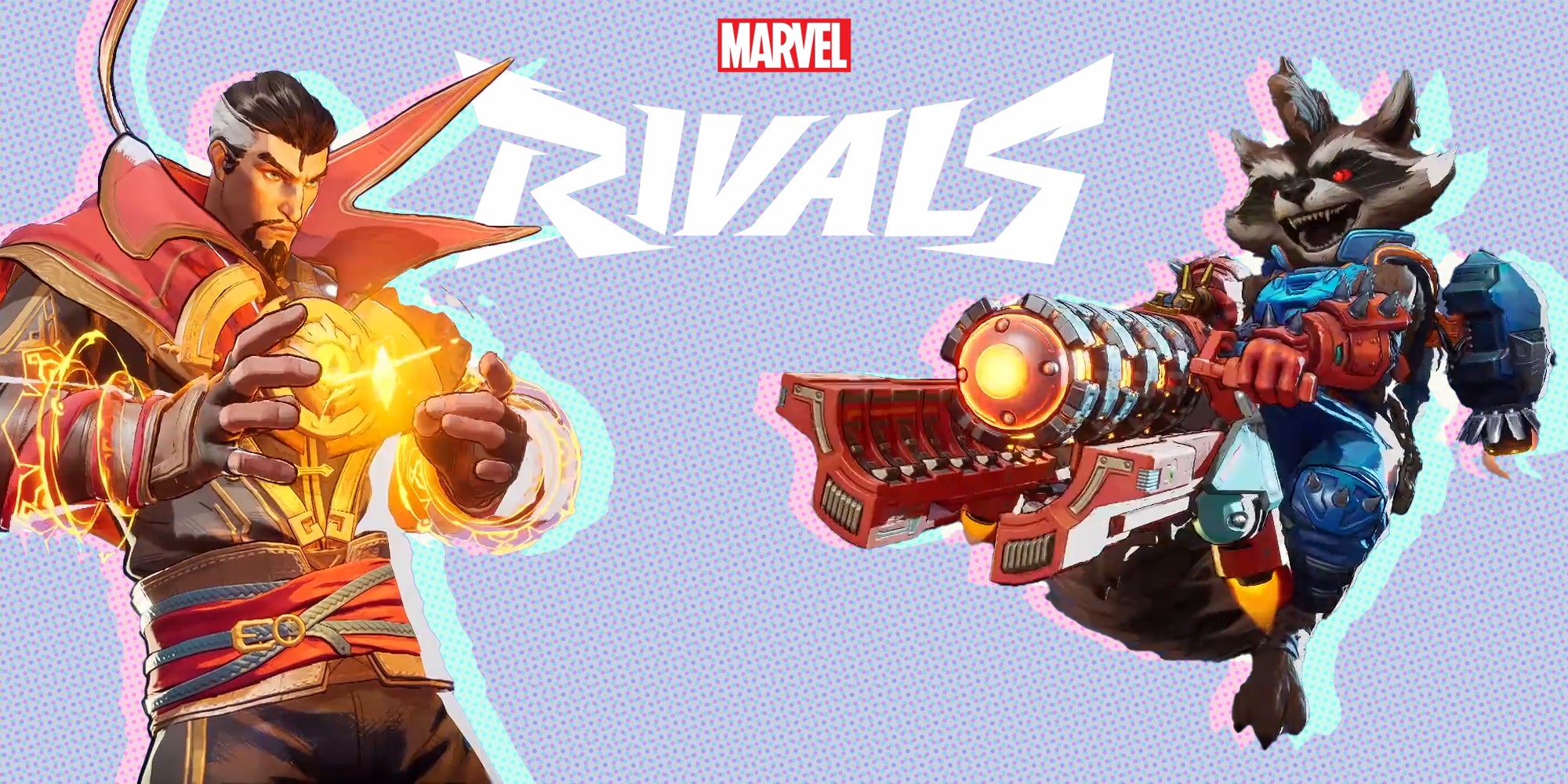
“Marvel Rivals” could be the next great shooter game. Players take control of superheroes you know, like Spider-Man, Black Panther, and Doctor Strange, bringing them into the arena where they’ll fight for objectives and glory. It captures the magic of the six-versus-six chaotic combat that made “Overwatch” a breakout hit in 2016, imbuing it with a new sense of polish.
But over the weekend, “Marvel Rivals” was released in a testing stage known as an Alpha to a few select play testers and influencers tasked with figuring out balance and bugs. To get a code, some of those influencers were given a contract with a non-disparagement clause.
“The content creator agrees to not make any public statements or engage in discussions that are detrimental to the reputation of the game,” the clause reads.
Former “Overwatch” pro player Brandon Larned leaked the clause on Saturday in an X post. It went viral on the platform, with over three million views and hundreds of replies debating the controversial clause.
‘Marvel Rivals’ Is Not So Marvelous
Creators shared their distaste for this contract on social media, believing it to be completely over the line. It also appeared ineffective against creators who opted out but still got a code through a friend or giveaway.
Twitch streamer Pat Stares At wrote on X, “You can’t stop people from talking mess about a contract they didn’t sign.” There were even fake versions of the contract trying to capitalize on the controversy, getting hundreds of thousands of views on X.
The game’s developer, NetEase, quickly went into damage-control mode. According to a leaked Discord screenshot, the company said in a message the following day to creators that the situation was a “miscommunication.” They added that they are “absolutely open to both suggestions and criticisms to improve our game.”
Then on Monday morning, May 13, the official “Marvel Rivals” X account posted an apology. It added, “We sincerely apologize for the confusion, suspicion, and frustration caused by these excessively restrictive terms.”
Creators Are the Real Superheroes
For huge, multi-million-budget multiplayer games, getting influencers on your side can make or break your game. Games like “Marvel Rivals” need a thriving player base to keep matchmaking quick, lobbies full, and, of course, sell in-game cosmetics. Streamers and YouTubers can build entire careers on popular games, teaching others how to play and keeping a scene alive and vibrant.
There’s a reason that when EA’s “Apex Legends” shooter launched in 2019, the developer paid streamers to play. This included Tyler “Ninja” Blevins, who, according to Reuters, made $1 million just for some tweets promoting the game.
But most creators feel some connection to their audience, not wanting to lie to them and come off disingenuous for a paycheck or perks. If they think something is wrong or bad, they must have the ability to say how they feel. Without that freedom, it’s just an advertisement that needs #ad or a lengthy disclaimer.
What this stipulation in the “Marvel Rivals” contract did is essentially gag their criticism. Even if it wasn’t intended or just a mistake, it’s created a negative backlash — which might stick to the game at a time when it needs to pull in goodwill.




